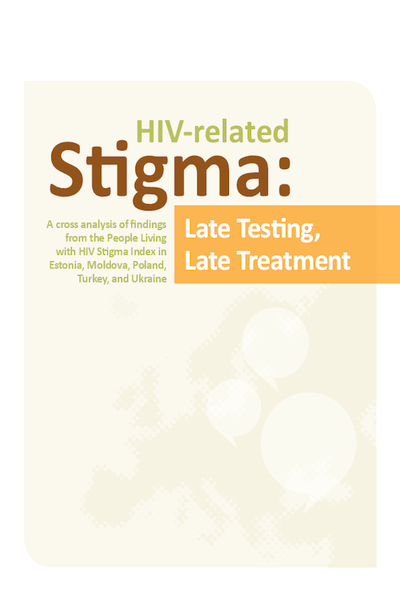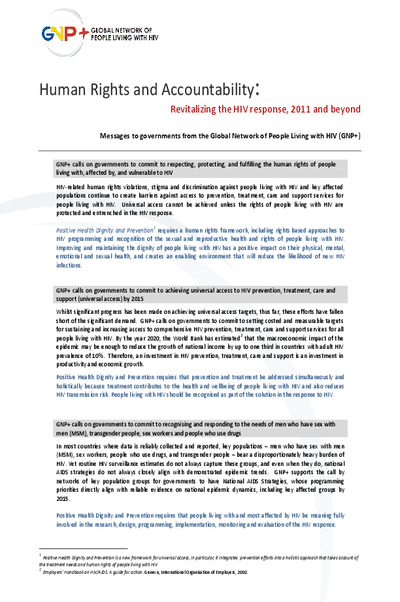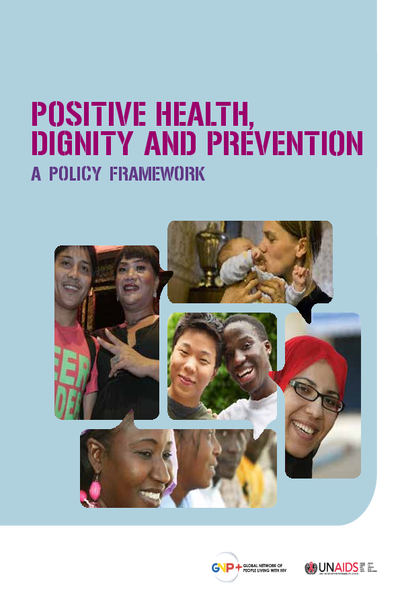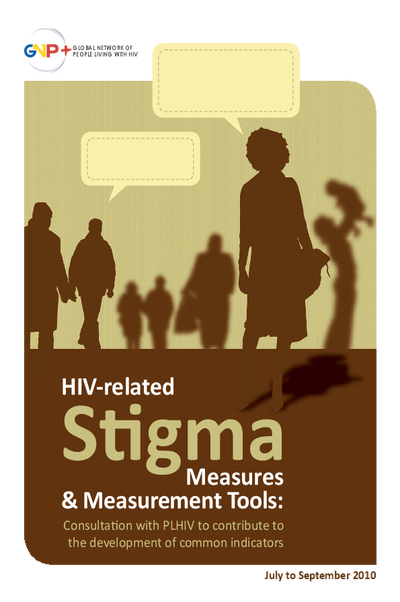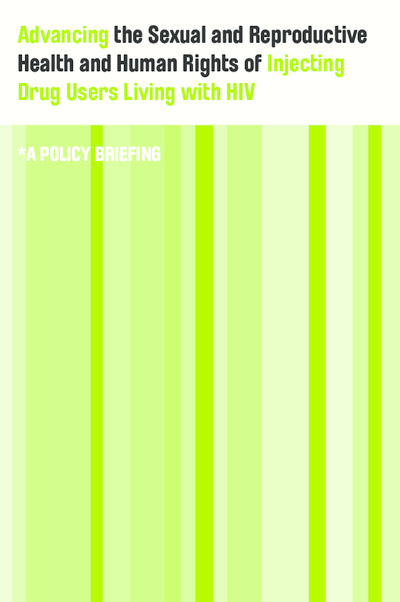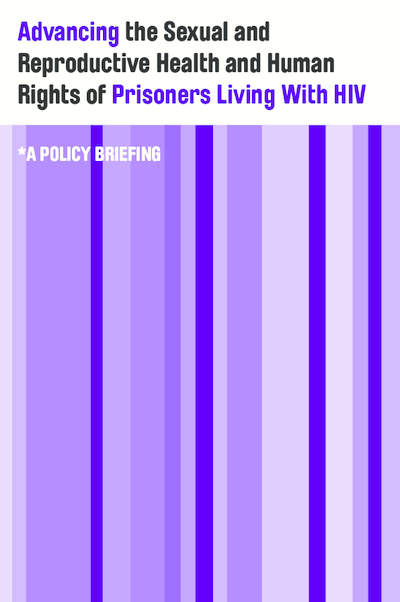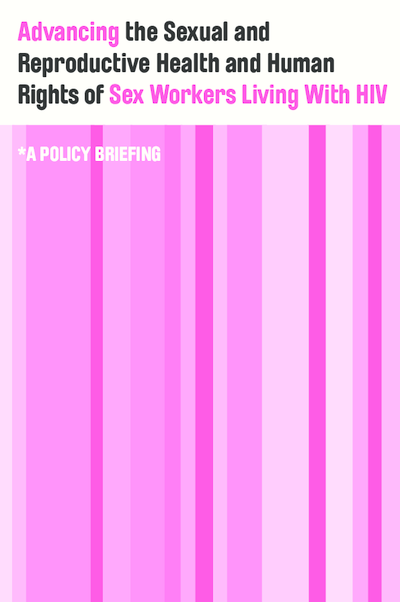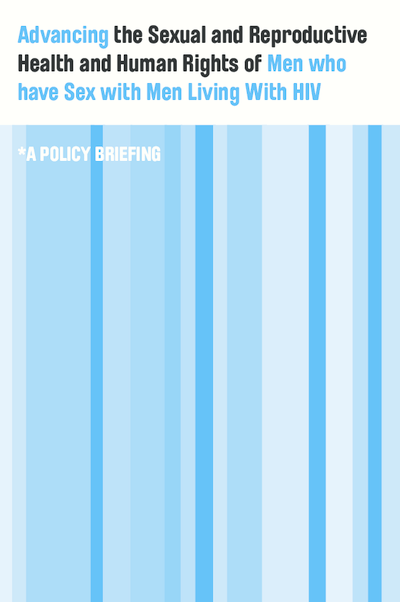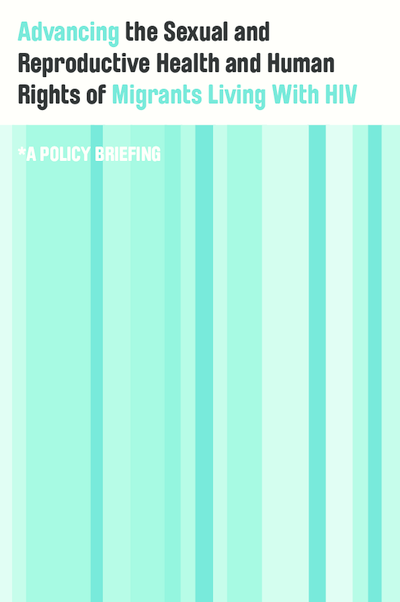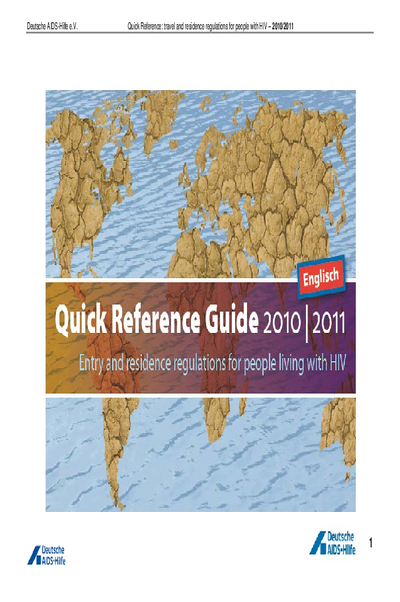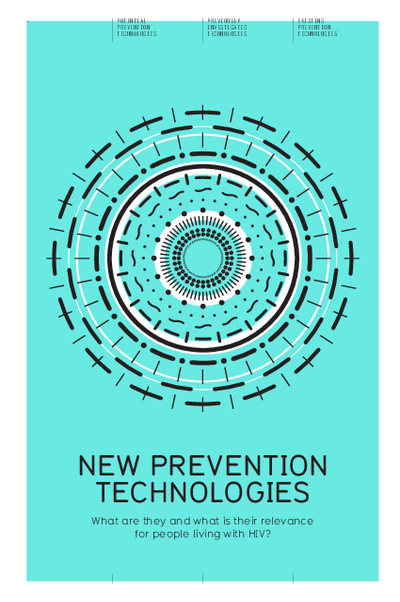To ensure a comprehensive approach to addressing HIV, the international community has been calling for sustained investments and increased efforts towards universal access to prevention, care, treatment and support. This includes significantly improving access to existing proven means of preventing HIV transmission. At the same time, the world needs new prevention tools and technologies that will work with and complement existing prevention methods.
There are a number of global efforts underway to develop new technologies to prevent HIV. Currently, there is research being conducted on vaginal and rectal microbicides, vaccines, pre-exposure prophylaxis (PrEP) and the use of HIV treatment as prevention. Research into NPTs is a lengthy process that takes 12 years or more to go from laboratory and animal testing, to safety and efficacy studies, and through regulatory approval and post-marketing studies.
This toolkit provides a brief definition of each of the potential prevention tools being researched, gives an overview of the current state of research, and discusses their relevance for people living with HIV.
It then outlines research into prevention technologies that have had unsuccessful results—diaphragms and cervical barriers, and treatment for herpes simplex virus type 2 (HSV-2). Finally, the toolkit provides an overview of the prevention technologies that we currently have at our disposal—female and male condoms, medical male circumcision, post-exposure prophylaxis and prevention of vertical transmission (sometimes called prevention of mother-to-child transmission or PMTCT)—and summarises recent findings about these technologies.






